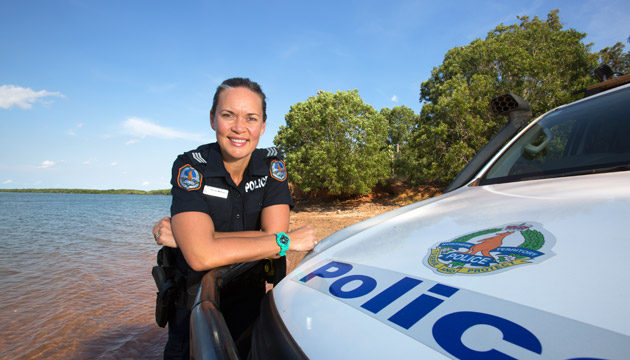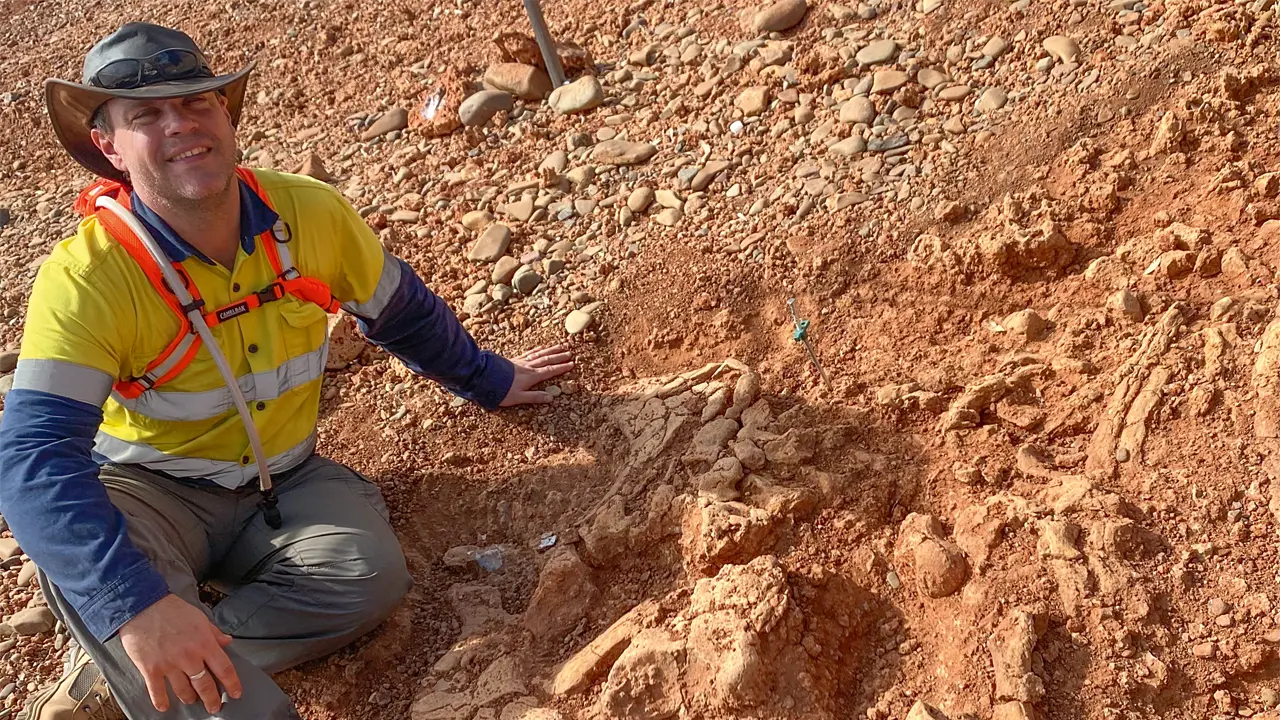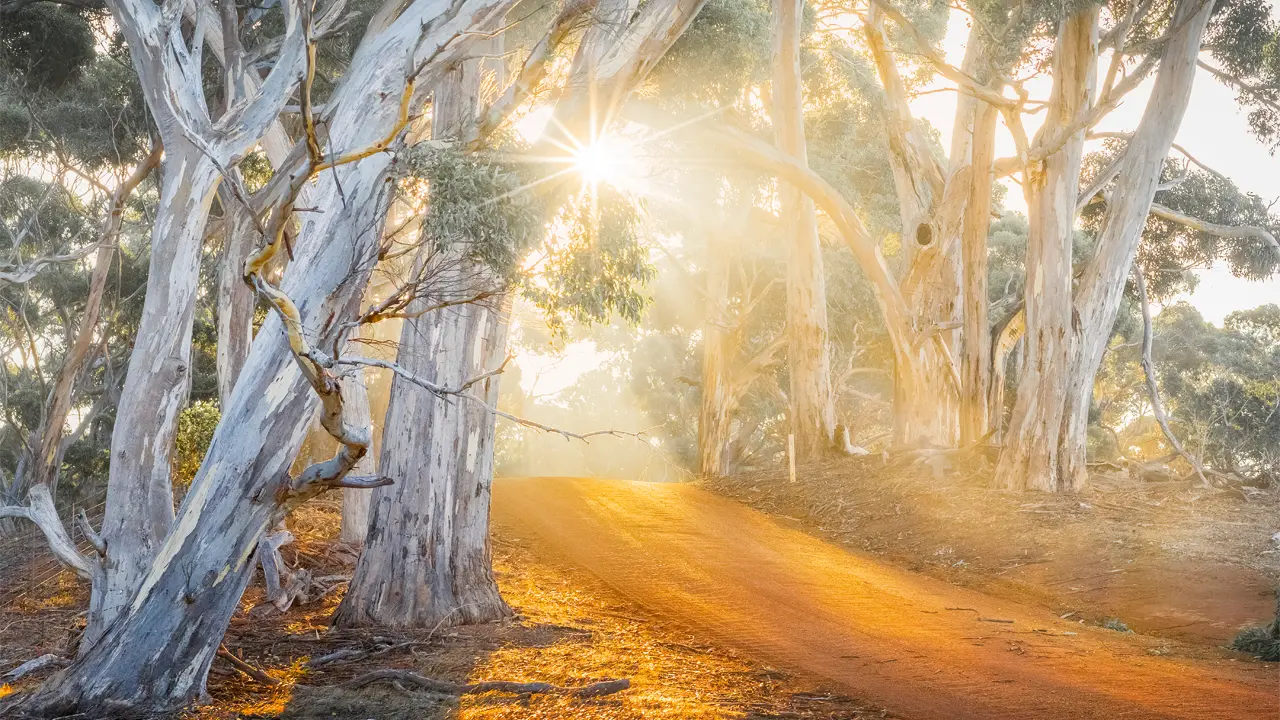When Sergeant Renae McGarvie was awarded the Australian Police Medal earlier this year, it recognised 20 years of service in some of the most remote and volatile communities of the Northern Territory.
Story + Photo David Hancock
Renae McGarvie started out in the Northern Territory Police Force as a raw recruit in Alice Springs at a time when it was regarded, largely, as the domain of tough bush coppers prepared to throw their weight around to achieve results. This year she ended a two-year stint as officer in charge of Wurrumiyanga, the biggest community (2500 people) on the Tiwi Islands, north of Darwin. With two other female officers, she was part of the largest contingent of female police officers to ever serve on the Tiwi Islands.
While attitudes in the Northern Territory Police Force have changed, the challenges of isolation, violence and clashes of culture have not. Indigenous communities can be magical places to live with warm-hearted people and an undercurrent of ancient culture, but clan rivalries can run deep, and drugs and alcohol take a toll.
The police officers who work in these places have to be resourceful and have a strong rapport with locals, otherwise their tenure (usually two years) is doomed to be disappointing for both sides. Domestic violence and youth suicide are major issues in many communities and police are expected to resolve issues they would not normally deal with in cities.
“In remote communities police are expected to do more, and be more,” Renae says. “We tend to address family and children services’ issues and assist with medical and mental-health patients. People cry out to the police and expect us to do things because they know we generally get things done when other services often don’t; even if it is not our role, we will still step up and assist.”
This story excerpt is from Issue #121
Outback Magazine: October/November 2018










